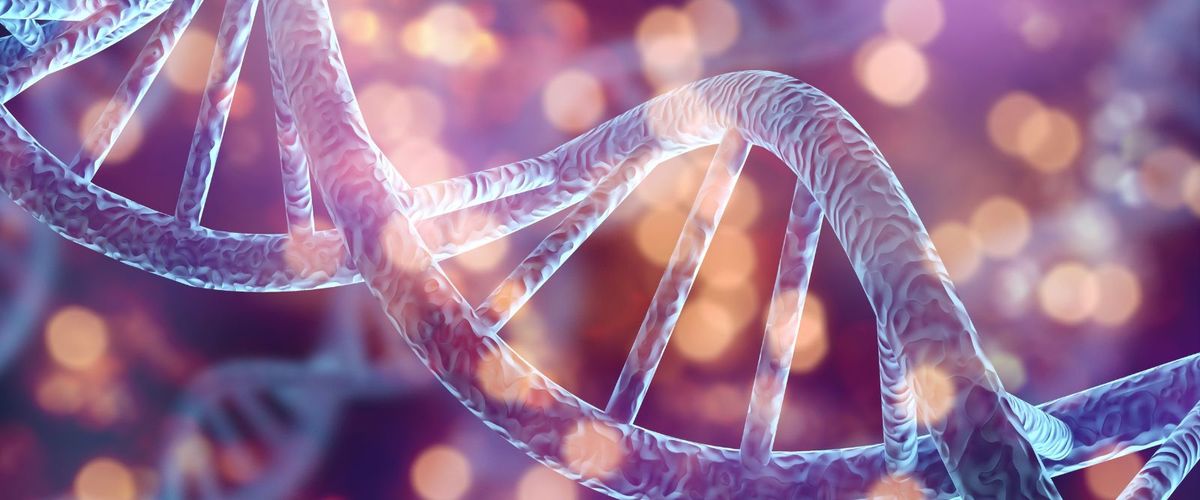Thurs., March 20, 2025

Integrative Computational Approaches for Modeling Complex Disease Biology Across Scales and Systems
Speaker: Vicky Yao, Assistant Professor, Department of Computer Science, Rice University
Date: Mar 20th
Time: 12:30 PM - 2PM
Location: 665 Commonwealth Ave., Room 1646
来
September 19, 2024
Meet & Greet Reception
12:30 - 2PM in CDS 1646
About: Join us for a Quantitative Biology Seminar Series Meet & Greet Reception on Thursday, September 19. The networking event is designed for faculty, researchers, professionals, and students in the field of quantitative biology to share ideas, foster collaborations, and connect with others who share a passion for integrating quantitative methods into biological sciences.
Organizers: Brian Cleary and Pawel Przytycki, CDS assistant professors and a core faculty members in the Bioinformatics Program, and Pankaj Mehta, professor of Physics and Computing & 数据科学
Thurs., December 5, 2024
 How do cells message each other and how to check their history of received messages?
How do cells message each other and how to check their history of received messages?
Pulin Li, Eugene Bell Career Development Professor of Tissue Engineering; Core Member, Whitehead Institute, MIT
Cells within a tissue frequently exchange information with one another through secreted signaling molecules that travel over tens to hundreds mm. Being able to decipher the communicative relationship amongst cells is crucial for understanding how tissues are formed in embryos, how they perform physiological functions in adults and how communication relationship breaks down in diseases. However, which cell can communicate with which other cell within a tissue is an actively regulated process.
Professor Li's lab combines synthetic biology, mathematical modeling and computational inference to decipher the rules of cell-cell communication in the context of embryo development. In this talk, she will discuss the team's insights in how the distance by which cell communication occurs can be regulated across tissues and evolution. She will also discuss our recent effort in computationally inferring what signals a cell has received using single-cell perturbation and transcriptomics.
Thurs., October 3, 2024
 T Cell Recognition: From Theory to CAR-T Immunotherapy
T Cell Recognition: From Theory to CAR-T Immunotherapy
Paul Francois, Professor, Bioinformatics, Biophysics, Université de Montréal
The immune system performs a fundamental task: distinguishing between self and non-self. In an ideal scenario, formalizing this process would enable us to derive 'design principles', make accurate predictions, and create experimental interventions. In this talk, Professor
Francois
will illustrate how starting from basic theoretical concepts, we can develop a series of models known as 'adaptive kinetic proofreading' (AKPR). These models capture key aspects of T cell recognition and shed light on immune system blindspots caused by active antagonism.
He then discuss how we employed a specially designed robotic platform to test the core principles of adaptive kinetic proofreading in the context of collective immune responses. In a clinical context, this approach is leading us to innovative applications, such as designing a novel type of CAR-T immunotherapy by transferring specificity from a T cell receptor to a Chimeric one. The team's research demonstrates how integrating theoretical models with robotic quantitative biology can significantly enhance our understanding of cell dynamics and directly impact therapeutic development.
Thurs., October 17, 2024
 Defense Against the Dark Arts: How Cells Collaborate to Resist Viral Infection
Defense Against the Dark Arts: How Cells Collaborate to Resist Viral Infection
Alon Oyler-Yaniv, Principal Investigator, Oyler-Yaniv Lab, Harvard Medical School
Th
Thurs., October 24, 2024
 Generative AI to Accelerate Protein Design for Health and Sustainability Goals
Generative AI to Accelerate Protein Design for Health and Sustainability Goals
Debora Marks, Professor of Systems Biology, Harvard Medical School, Broad Institute of Harvard University and MIT
There’s now an amazing opportunity to develop machine learning methods that can exploit enormous natural sequence and 3D structure diversity to design biological sequences for biotherapeutics and climate change goals. This includes predicting the effects of human genetic variation on disease and drug response, viral evolution, antibody design and optimization of proteins for sustainability. In this talk, Professor Marks will describe new methods in probabilistic deep learning that are enabling huge acceleration in discovery in these fields. She will focus here on the challenges for designing specific protein functions, probabilistic models to generate novel functional biotherapeutics and viral forecasting, and will also present new results and tools for vaccine design, enzyme optimization and upcycling.
https://marks.hms.harvard.edu/
https://github.com/debbiemarkslab

POSTPONED UNTIL SPRING 2025
Michael Desai, Professor of Organismic and Evolutionary Biology and Physics, Harvard University
Thurs., November 21, 2024
 Statistical Methods for Single-Cell RNA-Seq Analysis and Spatial Transcriptomics
Statistical Methods for Single-Cell RNA-Seq Analysis and Spatial Transcriptomics
Rafael Irizarry, Professor and Chair of the Department of Data Science at the Dana-Farber Cancer Institute and Professor of Biostatistics at Harvard School of Public Health
Professor Irizarry will share findings demonstrating limitations of current workflows that are popular in single cell RNA-Seq data analysis. Specifically, he will describe challenges and solutions to dimension reduction, cell-type classification, and statistical significance analysis of clustering. He will end the talk describing some of our work related to spatial transcriptomics. Specifically, Irizarry will describe approaches to cell type annotation that account for presence of multiple cell-types represented in the measurements, a common occurrence with technologies such as Visium and SlideSeq, and demonstrate how this approach facilitates the discovery of spatially varying genes.











 How do cells message each other and how to check their history of received messages?
How do cells message each other and how to check their history of received messages?



 Statistical Methods for Single-Cell RNA-Seq Analysis and Spatial Transcriptomics
Statistical Methods for Single-Cell RNA-Seq Analysis and Spatial Transcriptomics